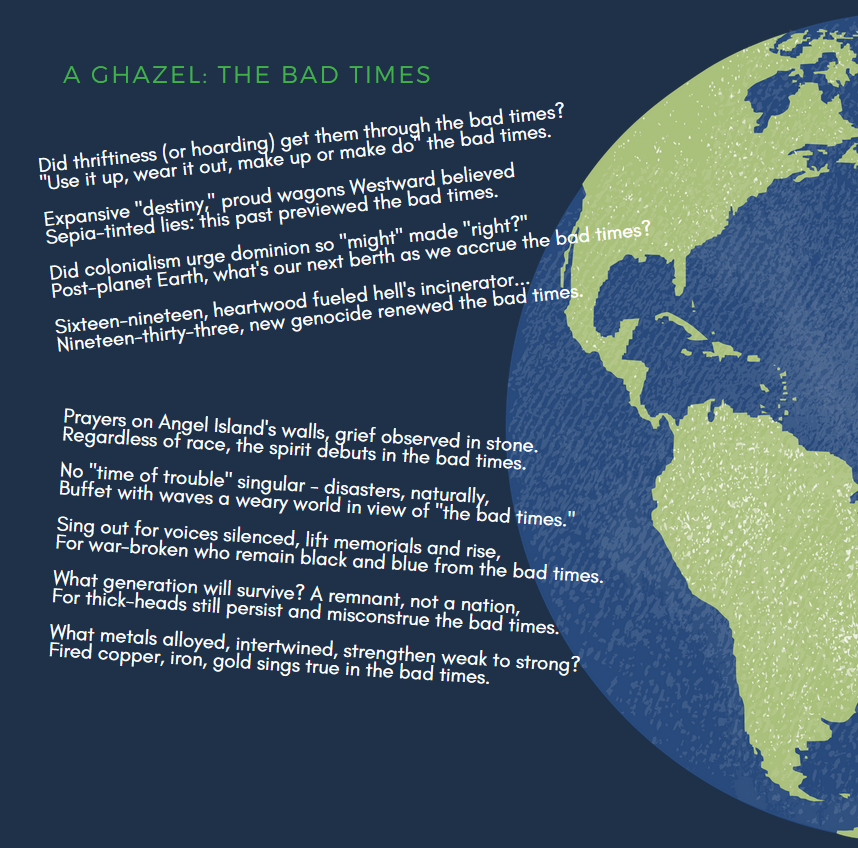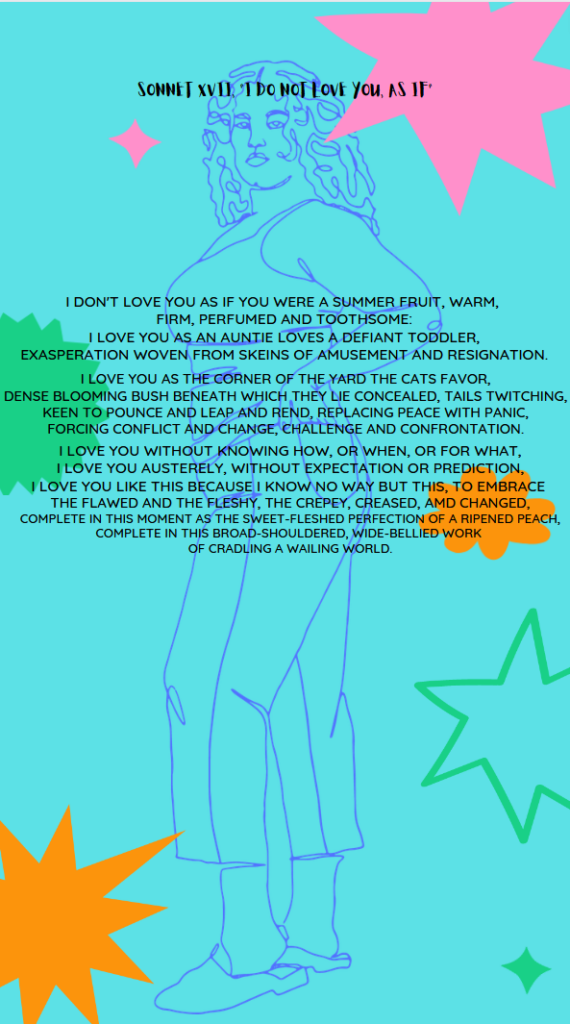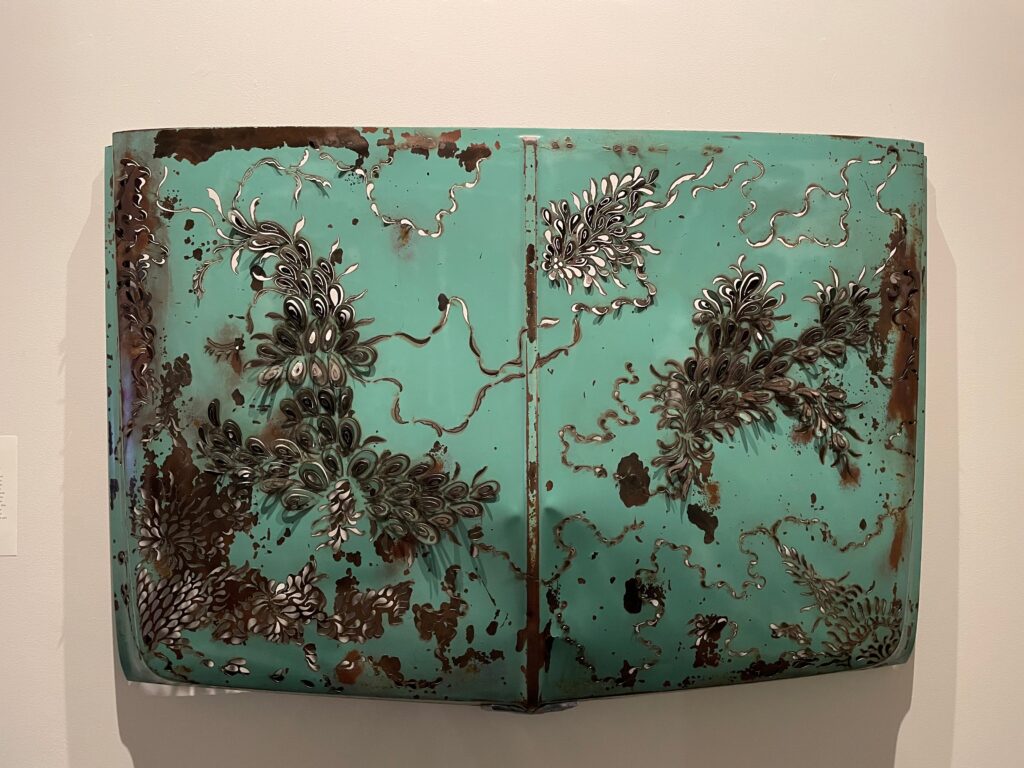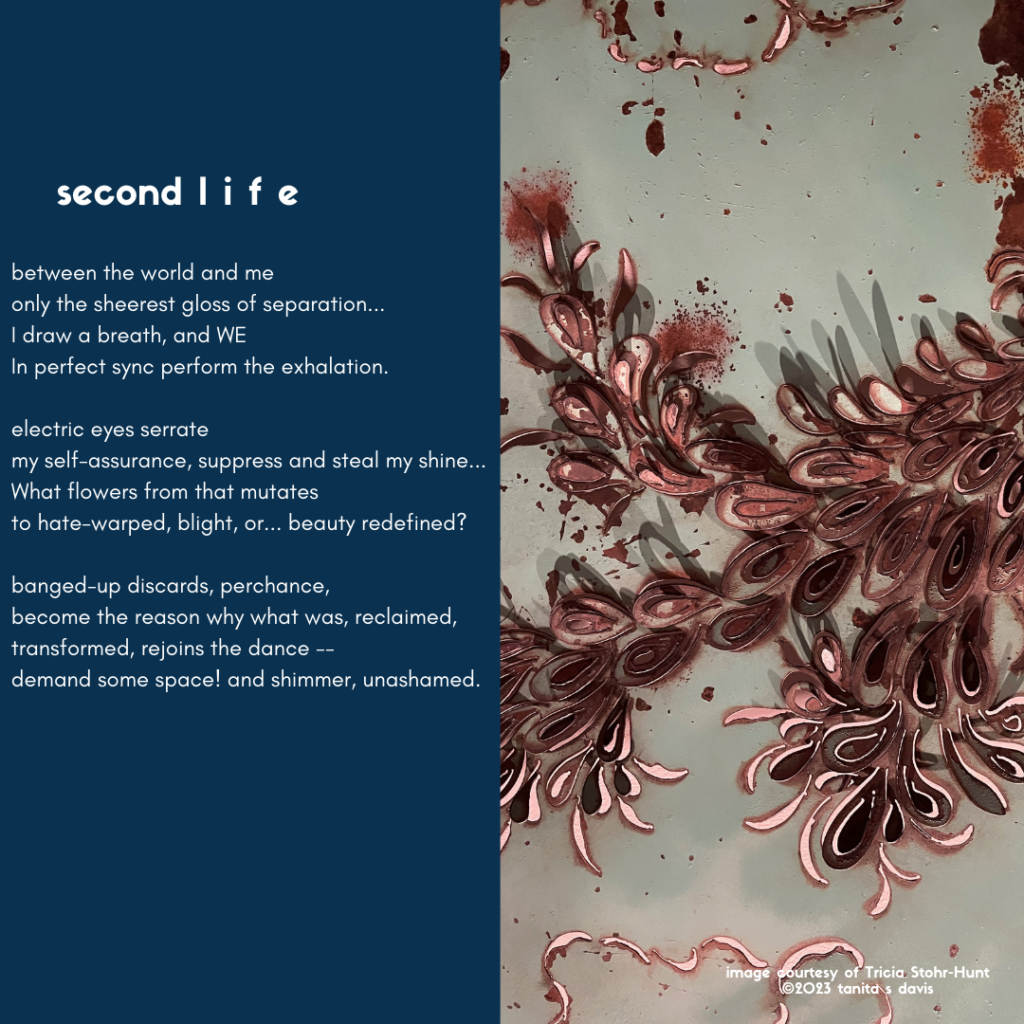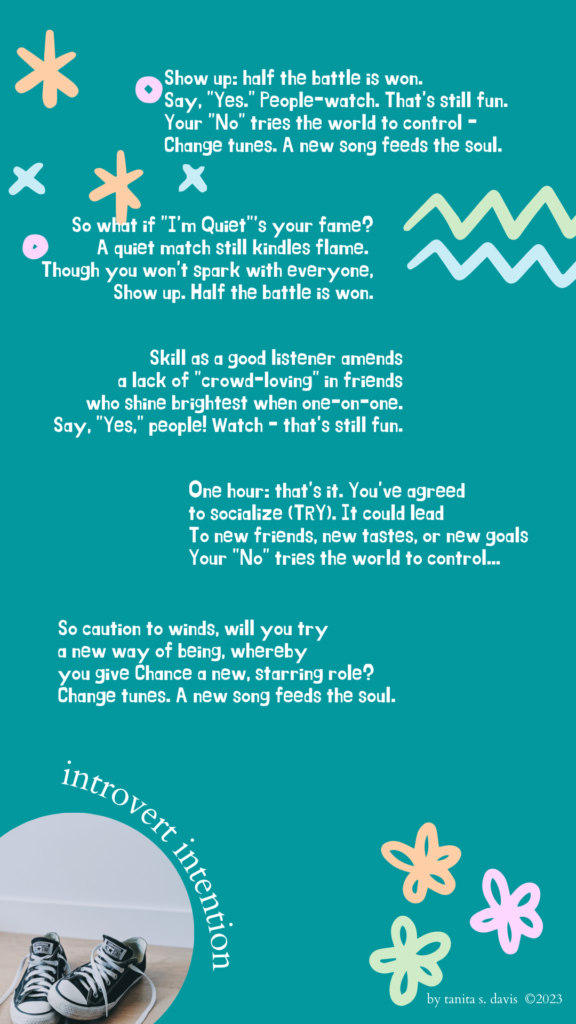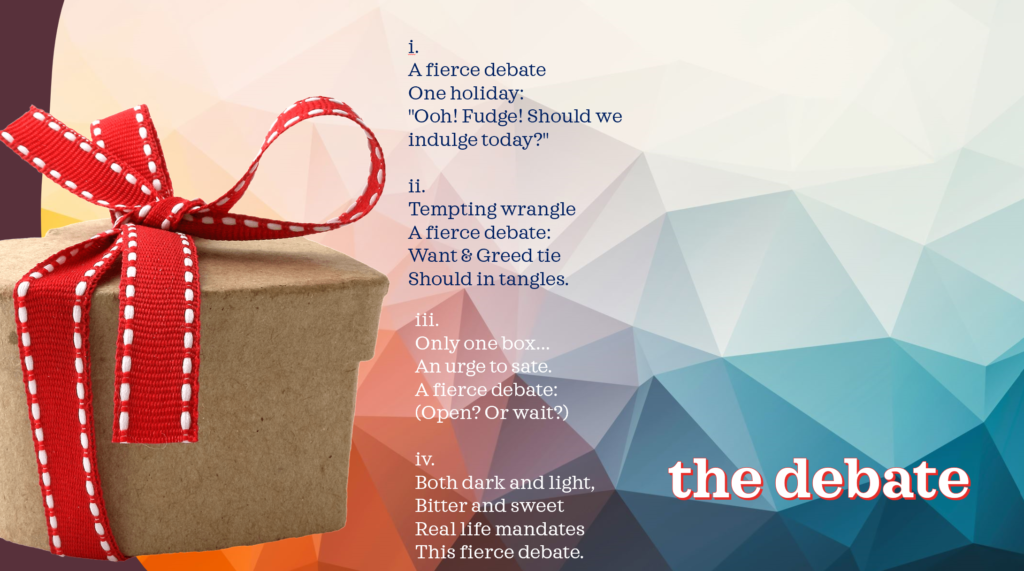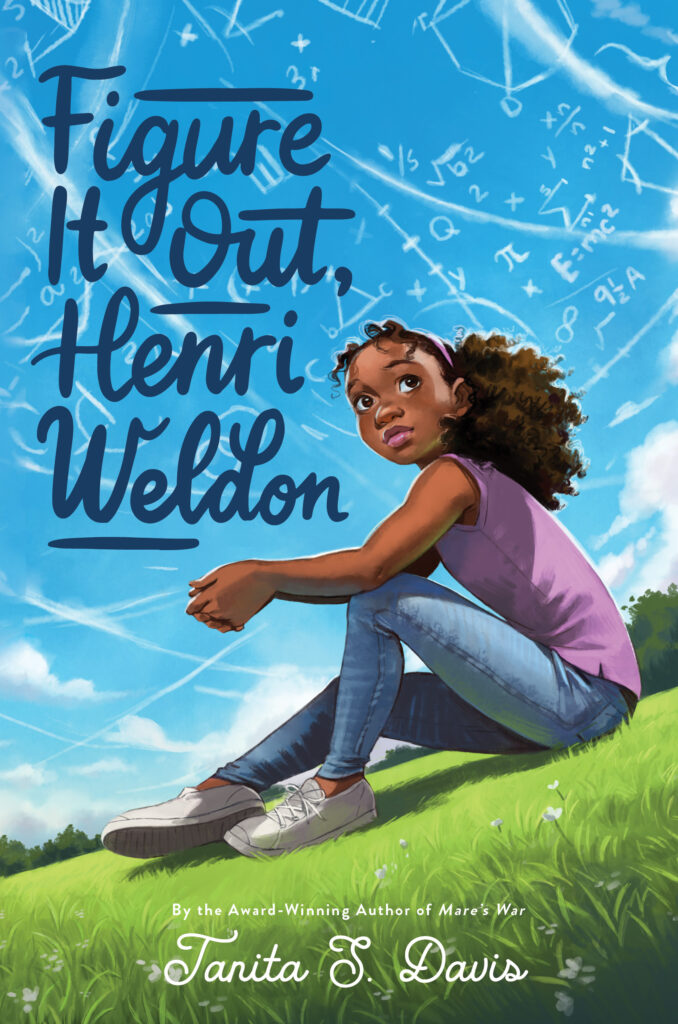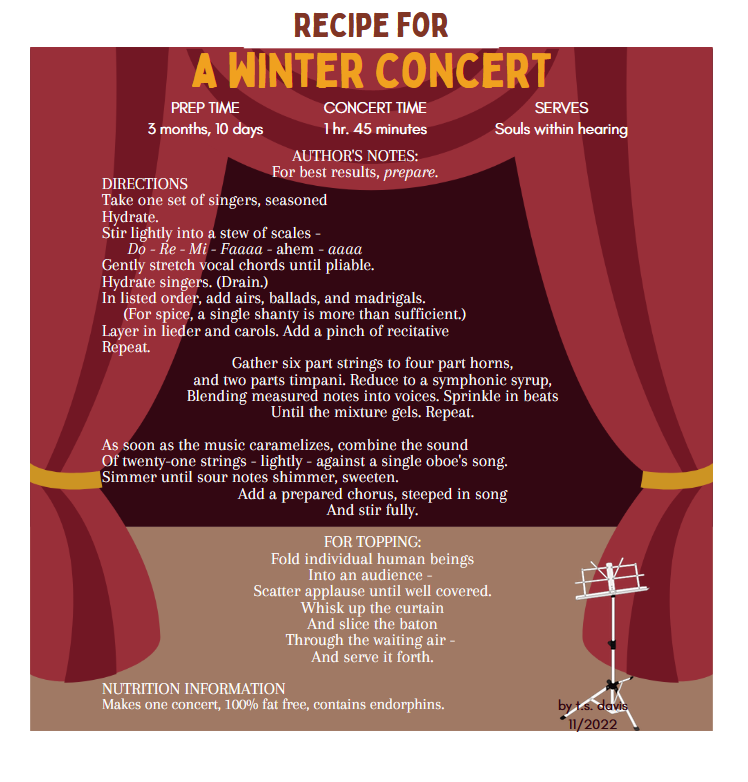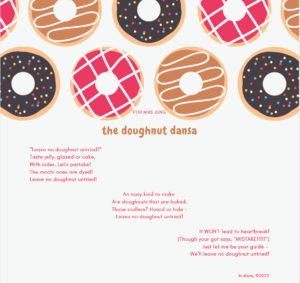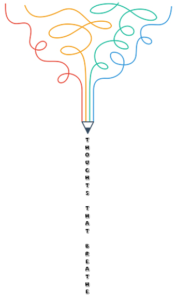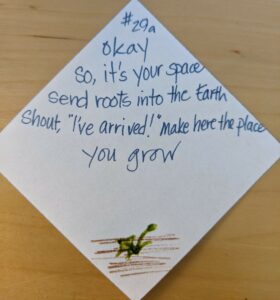Greetings! Welcome to another Poetry Peeps adventure on Poetry Friday!
Poetry Peeps! You’re invited to our challenge in the month of June! Here’s the scoop: we’re writing in response to a quotation. Ours is an excerpt from Robin Wall Kimmerer’s Braiding Sweetgrass, p. 359, in the chapter “People of Corn, People of Light:” “If grief can be a doorway to love, then let us all weep for the world we are breaking apart so we can love it back to wholeness again.” How does that strike you? This time, the form and way you use this quotation – or another one which strikes your fancy – is totally up to you, but the Poetry Sisters are continuing with our 2023 theme of TRANSFORMATION. You have a month to craft your creation and share it on June 30th in a post and/or on social media with the tag #PoetryPals.
I feel like a dropped mirror – seven years of indifferent luck and little shards of self reflecting any number of different realities. This revision has just wrung me out – but in a better way than I had any right to expect of a novel outline done in a fit of pique that took me deeper than I expected. Himself sat patiently with me the times I completely wigged out and moaned aloud that I was never going to finish this on time. (I did. I always do. I always have. What is work, if you can’t be really dramatic about it, though?)
Oddly, all of this feels like really good prep for doing a ghazel.
No, seriously.
The #1 hardest thing for me to …embody in this couplet form is a sense of disjointedness. No, you’re not telling a story. No, you’re not pulling together the unified theory of anything. No, you’re not supposed to create an ensemble performance. Agha Shahid Ali, the poet who edited Ravishing DisUnities: Real Ghazals in English, in his foreword compared each ghazal couplet to “a stone from a necklace,” which should continue to “shine in that vivid isolation.” Sara had a great idea when she suggested we think of it as a new “13 Ways of Looking at a Blackbird,”, by Wallace Stevens. That’s the level of splintered we’re going for – and while I’ve been working the past several months on being able to be … loose with words and wordplay, this was still quite a challenge. Dabbling in Neruda last month helped create a feeling of voluptuous abandon with words. This month, I wanted less to luxuriate, and more to make clockwork, ticking along with a limited pas de deux, each couplet touched and spinning perfectly for just a moment…
Well, that was the idea, anyway.
After writing THREE of the bloody things, each one more hated than the last, I took Marilyn Hacker’s “Dark Times” as my mentor text, and tried again… I only lightly kept to our transformation theme, but I tried to order the couplets from darkness into light, or at least from skies of gray to deeper shades of blue.
“Bad Times”
Did thriftiness (or hoarding) got them THROUGH the bad times?
“Use it up, wear it out, make up, or make do” the bad times.
Expansive “destiny,” proud wagons Westward believed
Sepia-tinted lies: this past previewed the bad times.
Did colonialism urge dominion, so might made right?
Post-planet Earth, what’s our next berth, as we accrue the bad times?
Sixteen-nineteen, heartwood filled hell’s incinerator
Nineteen-thirty-three new genocide renewed the bad times.
Prayers on Angel Island’s walls, grief observed in stone.
Regardless of race, the spirit debut in the bad times.
No “time of trouble” singular – disasters, naturally,
Buffet with waves a weary world in view of the bad times.
Sing out for voices silenced, lift memorials, and rise,
For those war-broken who remain black and blue from the bad times.
What generation will survive? A remnant, not a nation
For thick-heads still persist and MISCONSTRUE the bad times.
What metals alloyed, intertwined strengthen weak to strong?
Fired copper, iron, gold sings TRUE in the bad times.
There’s always more poetry. Sara brought this to the table. And here’s Laura’s. Tricia’s poem is here, and Liz’s poem is here. Mary Lee’s lakeside ghazel is here, while Michelle K. joined the challenge here. Heidi’s ghazal is right here. More Poetry Peeps will be checking in throughout the weekend, so don’t forget to come back and read the whole roundup. Meanwhile, Poetry Friday is hosted today by Patricia at Reverie. Thanks, Patricia!
A Buddhist koan about life after enlightenment says that “A broken mirror never reflects again; fallen flowers never go back to the old branches.” Well, I’ll respectfully disagree – of course a broken mirror still works! It merely reflects different pieces of the same sky, which is both a kind of clarity and a kind of distance I think I can live with. And if you’re feeling a little broken, a little blurry, taped-together, and wonky, don’t worry, friends. You’re not alone. ♥
Pax.

